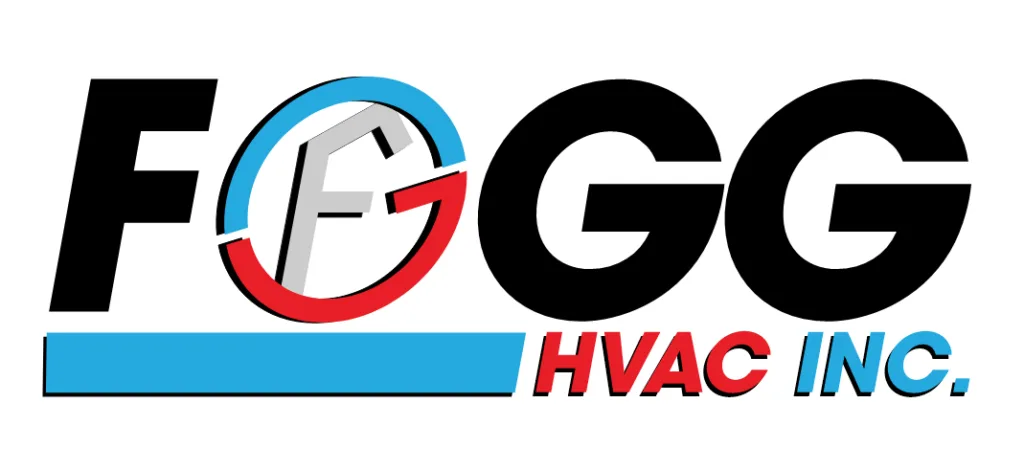Ductless mini split AC systems have become a go-to option for many Raleigh homeowners who want energy-efficient cooling without the need for major ductwork. Their ability to cool individual rooms, combined with a sleek design and zoned control, makes them a good fit for many homes. But even systems that function well most of the time can show signs of trouble during peak summer usage. A common issue that catches people off guard is water leaking from the mini split unit, often leading to stains on walls, puddles on floors, or reduced cooling performance.
Ignoring water leakage from a mini split unit can lead to more than just discomfort. It could signal an issue with how the system drains, an installation problem, or even a more serious malfunction. If water is leaking, it is not just a mess—it is a warning sign. Fixing it quickly reduces the risk of water damage and mold and keeps your AC working smoothly through the heat of Raleigh’s summer. Below are the likely causes of mini split water leaks and what to look for when diagnosing the issue.
Common Causes Of Mini Split AC Leaks
Several issues can lead to water leaking from your mini split unit. Many of them develop slowly, often going unnoticed until water starts pooling or dripping. Identifying the source helps avoid recurring problems.
1. Clogged Drain Lines or Pipes
These systems rely on a drain line to remove the condensation that naturally builds up during cooling. If the line gets blocked with algae, dust, or debris, water ends up backing into the unit before dripping out the front or down the wall.
2. Improper Installation or Leveling
Mini splits must be installed on a level surface. If the indoor unit is tilted, condensation will not flow properly into the drain line. Over time, this will cause water to collect inside the unit until it finds a way out, usually into your home.
3. Refrigerant Level Issues
Low refrigerant can lower pressure in the coils, which might cause the evaporator coil to freeze. When frozen coils thaw, the excess moisture can overwhelm the drain and spill out through the casing.
4. Blocked Air Filters
When filters are dirty and clogged, air cannot circulate properly. This can lower the temperature of the coil too much, causing it to freeze. Once it melts, the water can leak out if the unit cannot drain fast enough.
5. Condenser Problems
While most water leaks are tied to issues in the indoor unit, outdoor condenser units also play a role. Damage or clogs in the outdoor system can affect how efficiently moisture is processed and drained.
If you have noticed a small puddle below your indoor unit or have spotted brown stains on the wall where the system is mounted, do not ignore it. One Raleigh homeowner reported seeing spots on the ceiling below their upstairs unit, which turned out to be a blocked drain line that eventually leaked into the attic below.
Pinpointing the cause early prevents bigger damage and helps restore your unit to proper working order. Whether it is as simple as a dirty filter or something more involved like a refrigerant issue, quick attention helps avoid repeat problems.
Diagnosing The Leak In Your Mini Split AC
Once you know the common reasons your mini split might be leaking water, the next step is to check for visible signs. You do not need to take the system apart, but a basic walkthrough of what to look for can help. Spotting these signs early makes it easier for our professionals to fix the problem before it causes property damage or full system failure.
Here are clear signs that your mini split AC may be leaking or struggling to drain properly:
– Water stains or streaks on the wall beneath the indoor unit
– Pooling water around the base or the floor below the unit
– Bubbling or warped drywall near the air handler
– Dripping sounds coming from inside the system
– A sudden drop in cooling power or airflow
To get a closer look, turn off the unit at the breaker and remove the front panel to check the drain pan. If you see standing water there, the drain line might be clogged. One common area where blockages happen is at the U-bend of the drain line or in areas where buildup develops due to organic matter. If you try to clean this mess out, you risk causing further damage if you are not trained to handle refrigerant lines or disconnect electrical components.
That said, the safest route is to reach out to our professionals, especially if there is repeated water buildup. A technician can flush the drain line with the right tools and check for deeper system issues like damaged coils or improper pitch in the drain tubing. If refrigerant levels are involved, DIY work is not only risky but might also worsen the leak.
Fixing Leaks with Professional AC Repair in Raleigh
Leaking water may seem like a minor inconvenience, but leaving it unresolved can result in water damage to your walls, ceilings, or floors. Once our technicians diagnose the issue, the solution usually falls into a few repair options. Each addresses the root of the leak while preventing future issues from appearing too soon.
Here is a look at the kind of professional repairs that might be needed:
– Cleaning or replacing the drain line
– Adjusting or re-leveling a tilted indoor unit
– Recharging or correcting refrigerant levels to stop coil freezing
– Tightening or sealing loose connections that disrupt drainage
– Replacing air filters and clearing internal airflow obstructions
– Servicing the coil or blower to stop water overflow
Our professionals bring the tools, equipment, and training required to service mini split systems safely, especially when checking refrigerant lines or internal components. They are also able to assess wiring and control board health, which can sometimes affect coil function when it is tied to sensor issues.
Timely maintenance not only fixes what is already broken but helps spot early warning signs on parts that may wear out soon. That kind of peace of mind and system efficiency is harder to achieve with guesswork or temporary patches.
Preventative Maintenance to Avoid Future Leaks
Staying ahead of water leaks in your mini split AC system does not have to be complicated. With a few basic steps and a seasonal check-in from trained AC professionals, Raleigh homeowners can prevent many of the common causes of leaks from happening in the first place.
Use this simple list to keep your system in better working shape:
– Change or clean air filters every 30 to 45 days during heavy use
– Keep the outdoor condenser free of leaves, grass, and other debris
– Make sure your indoor unit remains properly leveled if it is wall-mounted
– Schedule annual checkups to clean drain lines, coils, and fan assemblies
– Watch for signs of low refrigerant, like reduced cooling or ice buildup
Doing these things reduces the workload on your system and makes it easier for it to drain properly. Condensation is a normal part of cooling. What matters is that your system gets rid of that water efficiently.
Once the summer heat settles over Raleigh, your AC runs constantly. That is when any small issue, like clogged filters, a partially frozen coil, or a kinked drain line, can get worse quickly. Regular attention helps make sure your system holds up during the full season and does not flood your wall or flooring when you least expect it.
Keeping Your Raleigh Home Comfortable and Leak-Free
Homeowners often think of water leaks as plumbing problems, but that is not always the case. When your mini split starts dripping, it is a signal that your AC system is not operating the way it should. Quickly identifying what is causing the moisture and bringing in expert help saves time, prevents structural damage, and gets your cooling system back where it belongs.
Do not wait for signs of ceiling damage or soggy carpets to take action. Many Raleigh homeowners are using their mini split ACs hard through the summer, which means minor issues add up quickly. Taking care of leaks right away and keeping up with preventive maintenance ensures your AC keeps working efficiently, quietly, and cleanly.
When water leaks from your mini split AC in Raleigh, immediate steps can help keep your home safe from water damage and maintain steady cooling throughout the summer. Fogg HVAC, Inc. understands that identifying issues like clogged drain lines or improper leveling early on can prevent more serious problems later, and our professionals are here to ensure your system performs as it should. Learn more about our service for mini split AC in Raleigh to keep your unit in top shape. For a quick estimate or to book a service visit, please contact us today.




